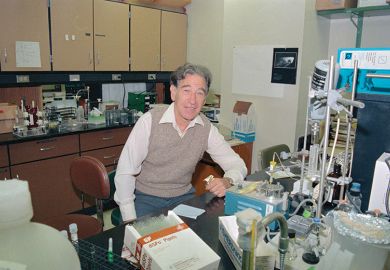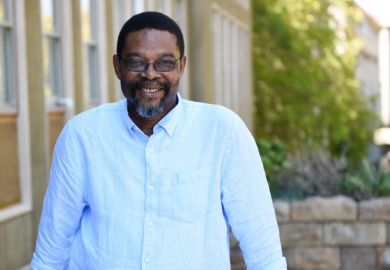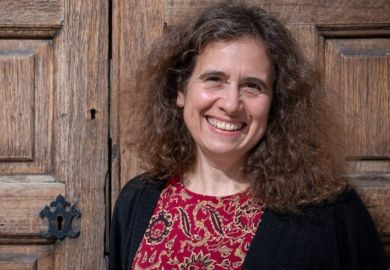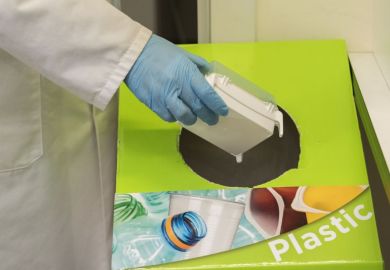One of the world’s leading mycologists has died.
Nick Read was born in London on 7 December 1954 and studied microbiology at the University of Bristol (1974-77) before going on to a PhD (1977-81) and a postdoctoral fellowship (1981-84). He spent much of his career at the University of Edinburgh, initially as a lecturer in mycology (1985-97) before being appointed first reader (1997-2005) and then professor in fungal cell biology (2005-13).
In 2013, however, after close to three decades at Edinburgh, Professor Read moved to the University of Manchester to set up the Manchester Fungal Infection Group, again with the title of professor of fungal cell biology, which soon established itself as a major centre of excellence.
Here he worked on the cell biology of fungal-host interactions and antifungal peptides and, as part of the wider Manchester Fungal Diseases Group, collaborated with clinicians and industry on world-class translational anti-fungal research. He was also passionate about popularising his field and produced many astonishing videos of fungal cell growth and branching.
Among his many honours, Professor Read served as president elect (2013-14) and then president of the British Mycological Society.
In 2015, Professor Read began a long period of illness and was diagnosed with AL amyloidosis. Yet despite pain and considerable incapacity, he continued to write and contribute to his field while in hospitals and hospices and then bed-bound at home.
He was awarded a “fellow medal” for “research excellence and service to global mycology” by the International Mycological Association in 2018.
Elaine Bignell, chair in infection biology at Manchester, who worked with Professor Read at the MFIG, described him as “a world-class cell biologist and microscopist whose fascination with cellular form and function was tangible, joyous and enduring”.
She pointed out that “in any living organism, cells are the fundamental units of life, every one of which experiences stimulation, stress, developmental change, ageing and death”, and to understand these processes “Nick tirelessly sought and mastered the requisite new technologies and labelling entities and he combined these, often via purpose-built microscope and imaging apparatus, to reveal the breathtaking beauty of life, as it happened in real time”.
She added that “any scientific presentation from Nick was a must-see and thrilling component of any scientific conference; better still were the opportunities to sit with Nick and discuss the biology afterwards”.
Professor Read was still working the day before his death, on 21 March. He is survived by his wife Shenda, two daughters, two stepchildren and a grandson.
Register to continue
Why register?
- Registration is free and only takes a moment
- Once registered, you can read 3 articles a month
- Sign up for our newsletter
Subscribe
Or subscribe for unlimited access to:
- Unlimited access to news, views, insights & reviews
- Digital editions
- Digital access to THE’s university and college rankings analysis
Already registered or a current subscriber?










